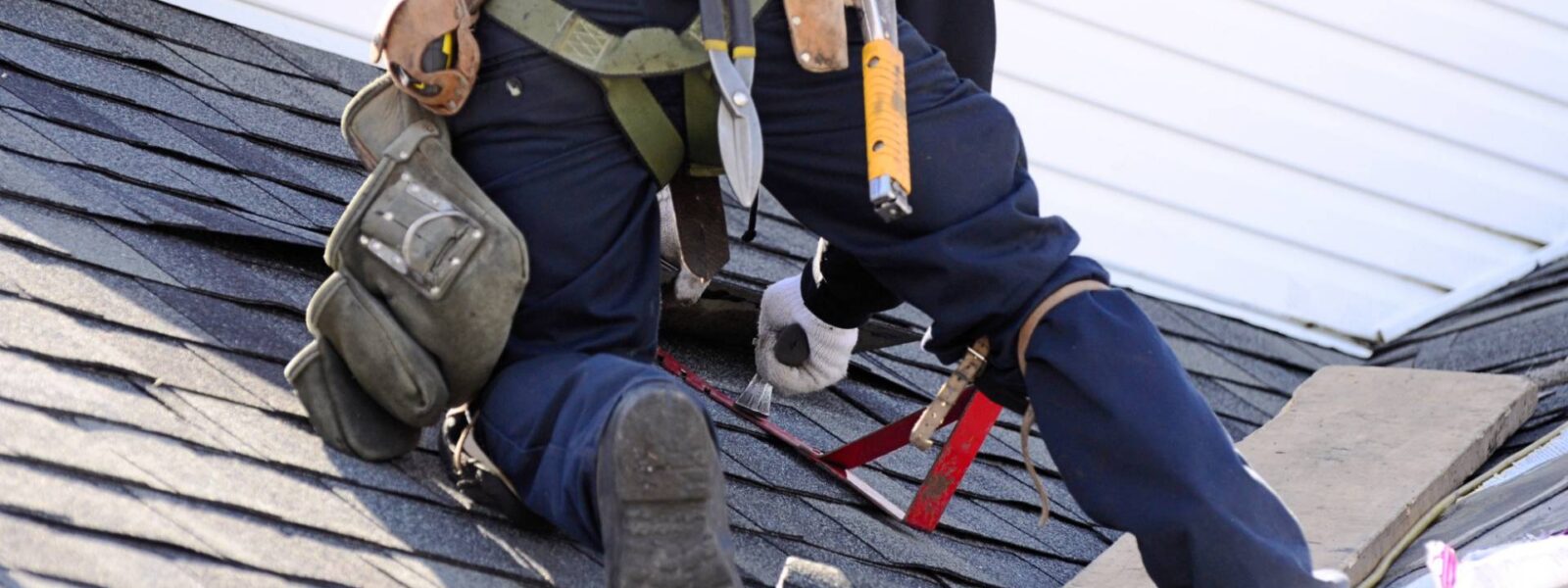Getting building works done can be an exciting, and even life-changing experience – if it goes right. The last thing people want is for their renovation work to be life-changing for the wrong reasons, which, unfortunately, isn’t all that uncommon.
There are more and more stories of builders carrying out sub-par work and causing endless problems for property owners, as seen on social media, review sites, and in the media. This is further highlighted on Channel 4’s recent programme, Renovation Rescue with Stacey Solomon. Over the course of the reality series, families share their £100,000+ horror stories consisting of shoddy workmanship, missed deadlines, and escalating costs.
But what rights do you actually have if your contractor doesn’t uphold the expected standards? In this blog, I talk about the concept of reasonable skill and care in construction, and how this sets a bar for contractors and traders.
Looking to cut to the chase? Call us to book your initial consultation with a construction solicitor on 0203 007 5500, or submit a contact form.
What is reasonable skill and care in construction?
Whether you have a formal written contract or not, there are legal duties and obligations that construction professionals must adhere to.
The law implies that any trader providing a service, including builders, tradespeople, and contractors, must carry out the work with “reasonable skill and care.”
This means they must work to the standards of a reasonably competent person within their trade or profession. It’s about following the accepted practices, methods, and skill levels prevalent in their industry.
Even if no written contract is signed, there is a term implied in the contract that the contractor must exercise reasonable care and skill under the Consumer Rights Act 2015.
Fitness for purpose vs reasonable skill and care
It’s important to distinguish “reasonable skill and care” from “fitness for purpose.” The latter implies the finished work must be suitable for its intended use and can often focus on the wording/requirements agreed under the contract.
Reasonable skill and care is more about the contractor’s workmanship meeting the technical standards of their trade. It can be argued much more broadly than just looking at the contract wording.
What are my rights if my trader doesn’t act with reasonable skill and care?
If your contractor fails to uphold their obligation of reasonable skill and care, you have rights as the client or consumer. Their substandard work would amount to a breach of the implied legal terms in your construction contract or agreement. This breach of duty gives you grounds to:
- Refuse to pay any outstanding amounts owed
- Claim damages, a refund, price reduction or compensation for the defective work
- Potentially terminate the contract if the breach is serious enough.
Understanding these rights empowers you to take appropriate action if you’re dealing with substandard work from your trader.
What can I do if my trader doesn’t act with reasonable skill and care?
If you suspect your trader has fallen short of the reasonable skill and care standards, take these steps:
- Check the written contract if you have one.
- Check their credentials and trade body memberships to understand the specific standards they should uphold in their profession. For example, an architect may comply with the Architects Registration Board, and a surveyor may comply with The Chartered Institute of Building Surveyors.
- Gather evidence of their defective or unacceptable work through photos, inspection reports, communications with planning if applicable, correspondence etc.
- Get an independent expert assessment of the work quality from someone qualified in that trade – RICS is a good place to start looking for an appropriate professional.
- Notify the contractor of the issue in writing and give them a chance to rectify it first.
- If they refuse or can’t properly remedy it, explore your options for compensation or dispute resolution by speaking to a construction solicitor.
If you are pursuing legal action, you as the claimant must prove a breach of contract. Therefore, you need to satisfy the court that your contractor has fallen below their profession’s reasonable standards. In some cases, it is obvious. But court judges aren’t construction experts, so strong evidence and assistance from industry experts are crucial for a claim.
You can consult with a solicitor at any stage for clarification and legal support.
How can a construction solicitor help?
An experienced construction solicitor can guide you through the process of claiming compensation or resolving disputes if your contractor breaches their duty of reasonable skill and care, including:
- Reviewing contracts and assessing the merits of your claim
- Advising on any regulatory body you could complain to
- Negotiating a settlement with the contractor
- Pursuing alternative dispute resolution methods like mediation, adjudication or arbitration
- Representing you through court proceedings if needed
Don’t let substandard work derail your construction project. Understand your rights around reasonable skill and care and get proper legal support to enforce them if necessary.
For more advice on your construction project, call us at 0203 007 5500 to schedule a consultation.











Leave a comment Your email address will not be published.